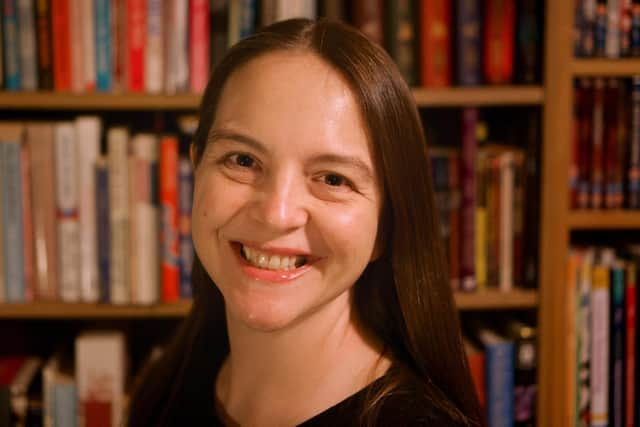Autism: My diagnosis lifted a lifetime of guilt and shame from my shoulders - Carrie Watts
What would my life have been like if I’d received a childhood diagnosis? I can’t say. But I can say what it’s been like to not have it. I can clearly describe how my life was shaped by being denied this essential piece of personal information because of flawed diagnostic criteria, deeply rooted gender biases, and a mistaken belief that “academically gifted” is the same thing as “happy” or “doing well”. The path it determined was one of suicidal thoughts at the age of 13, of anxiety, depression, rock-bottom self-esteem, isolation, a certain conviction that I was incapable of having the kind of life I wanted, and always, always the voice in my head demanding to know “What is wrong with you?”.
While I’ve been lucky enough to find a few special souls who treasure me for my neurodivergence, I’ve also struggled through relationships with those who have belittled me for it. Despite exceptional academic achievement (academia is nothing if not predictable and structured!), I’ve gone most of my adulthood without fulfilling employment due to sensory, cognitive, and social pressures stemming from never quite understanding others, and never, ever understanding what I was doing wrong. I’ve had more than a few breakdowns – weeks, months, years lost to autistic burnout before I even knew what that meant.
Advertisement
Hide AdAdvertisement
Hide AdI hope you can see the significance, then, of that eventual diagnosis at 42 – it lifted a lifetime of guilt, shame, and embarrassment from my shoulders. I could finally let go of the voice inside me that constantly asked “What is wrong with you? Why don’t you get it?”. I wasn’t broken, I wasn’t wrong. I was autistic.


After years of reframing my life through the lens of my diagnosis, I’ve decided that what being autistic means boils down to this: environment is everything. I wasn’t out of sync because I wasn’t trying hard enough, I just wasn’t in the right environment. I mean, taking a fish out of its fishbowl and telling it to work hard to be human won’t result in a walking, breathing fish, will it? It will result in a dead fish. And so it is for autistic people – telling us to work hard to be “less autistic” will do nothing but harm us, some of us fatally. After all, the high rate of depression, self-harm, and death by suicide amongst autistic people is no coincidence.Getting the right environment isn’t easy, though. It needs big, systemic change. Meanwhile, everyone can do their part to give autistic people what they need. And what’s that? Listen to us, hear us, believe us. Make it unacceptable to exclude us, deny us accommodations, manage us out of jobs, and inflict torture upon us in pursuit of making us “neurotypical”. And acknowledge that while it is traumatising & disabling to be autistic in a non-autistic world, that does not invalidate our humanity. Because what we need most is for you, too, to know that we aren’t broken.
Carrie Watts, Chair of the National Autistic Society Scotland Highland Branch
Comments
Want to join the conversation? Please or to comment on this article.